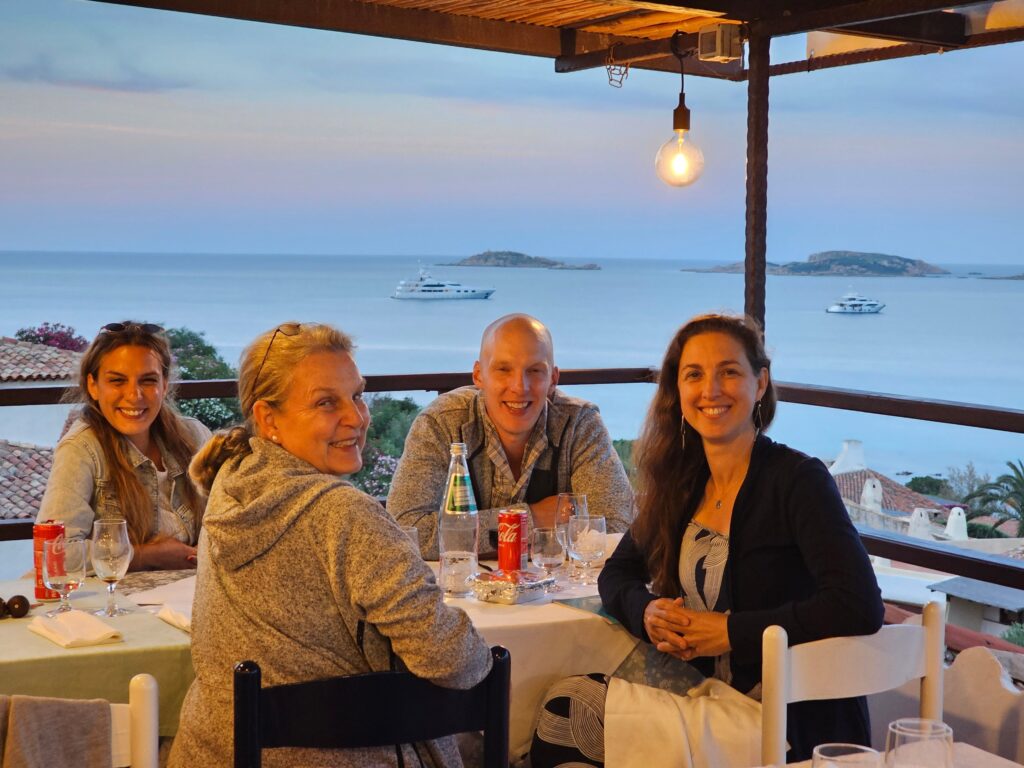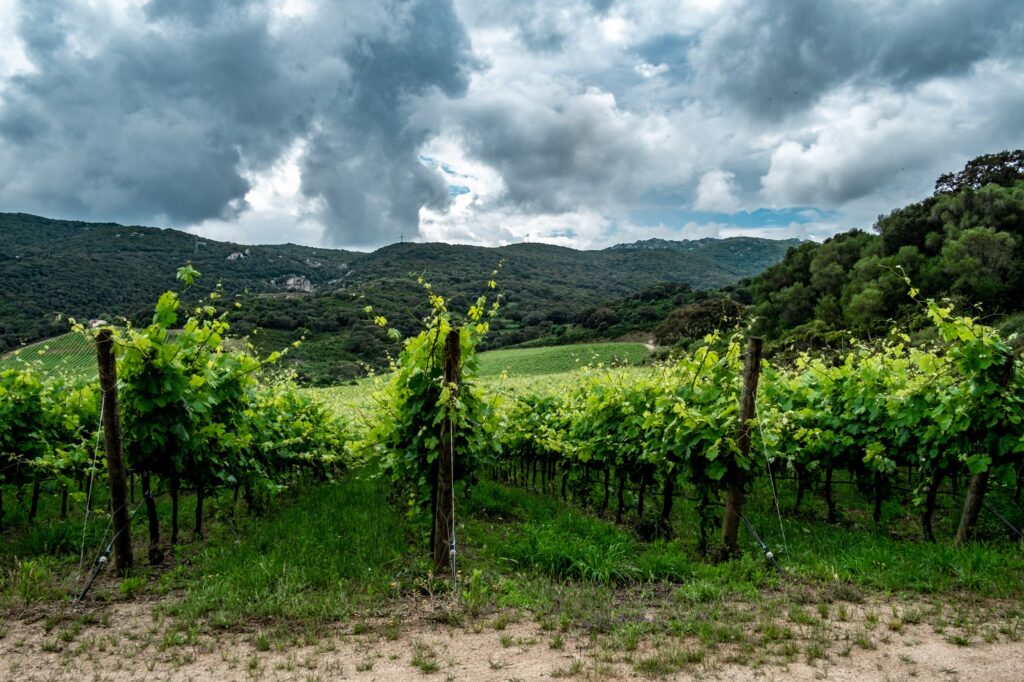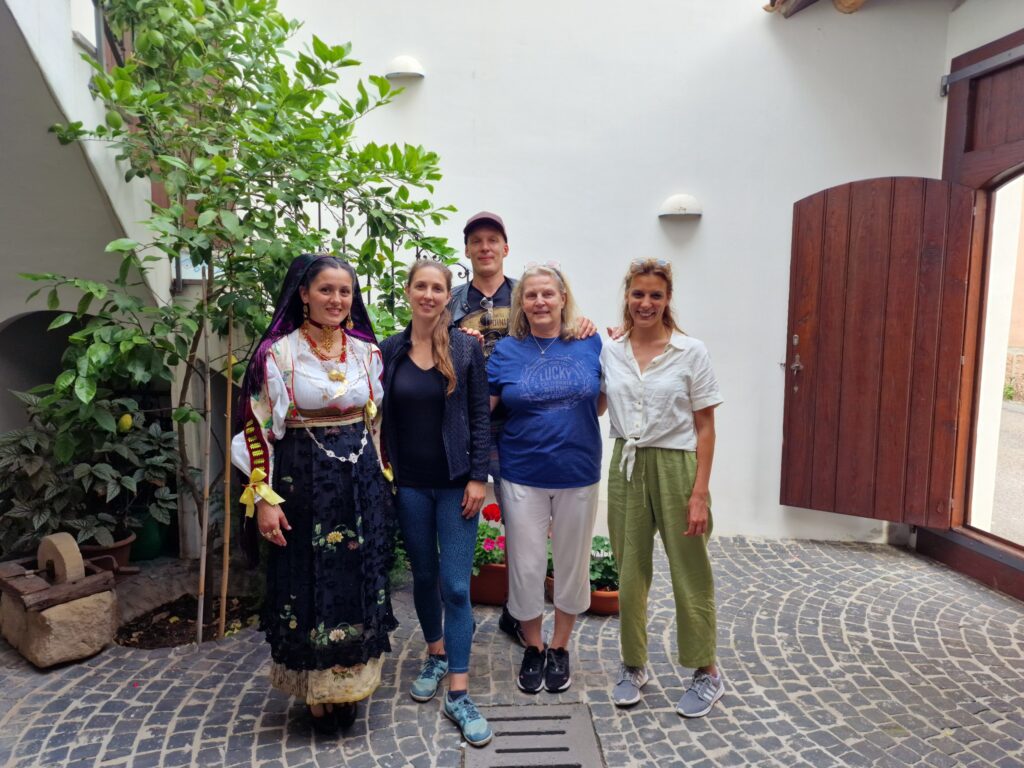Ever wondered how some people manage to live active, vibrant lives well into their 90s and beyond? The secret might lie in the hills of Sardinia, where shepherds are known for their remarkable longevity. Discover the magic behind active aging: how Sardinian shepherds stay fit and live longer, defying the usual limits of aging.

The Lifestyle of Sardinian Shepherds
Daily Routines: A Shepherd’s Day from Dawn to Dusk
In Sardinia, shepherds start their day with the sun. They rise early, taking their flocks to graze on the lush hills. This daily ritual involves hours of walking, climbing, and managing livestock, ensuring they get plenty of physical activity without even thinking about it. It’s natural fitness at its finest.
Natural Movement: Fitness Through Daily Activities
Forget the gym. Sardinian shepherds stay fit through natural movements embedded in their daily chores. From herding sheep to harvesting olives, their activities involve constant motion. Studies have shown that consistent, moderate physical activity is more beneficial for longevity than sporadic intense workouts.
Social Connections: The Heart of Community Living
Sardinian shepherds are not isolated; they are part of a close-knit community. Regular social interactions, communal meals, and family gatherings are integral to their way of life. Research indicates that strong social ties can significantly reduce stress and promote mental health, contributing to a longer, happier life.
Diet and Nutrition
The Sardinian Diet: What’s on the Plate?
The diet of Sardinian shepherds is a marvel of simplicity and nutrition. It features plenty of whole grains, fresh vegetables, fruits, and legumes. Meat is consumed sparingly, mostly during special occasions. The Mediterranean diet, which Sardinians follow, is rich in antioxidants, healthy fats, and fibers, all of which are crucial for active aging.
Local Superfoods: Nutritional Powerhouses of Sardinia
Sardinia boasts an array of local superfoods like pecorino cheese, made from grass-fed sheep’s milk, which is rich in omega-3 fatty acids. Cannonau wine, a local red wine, contains high levels of polyphenols, which are known for their heart-protective benefits. These superfoods play a vital role in their diet and longevity.
Moderation and Balance: Eating Habits that Promote Longevity
The Sardinian approach to eating is one of moderation and balance. Meals are enjoyed slowly, often in the company of loved ones. Portion control is natural, not enforced. This balanced way of eating helps maintain healthy body weight and prevents lifestyle-related diseases.

Mind and Spirit
Purpose and Passion: The Role of Work and Identity
Sardinian shepherds have a strong sense of purpose. Their work is not just a job but a calling that provides meaning and fulfillment. Having a purpose in life is linked to lower risks of disease and greater overall happiness. It’s about waking up each day with a reason to keep going.
Stress Management: Relaxation Techniques of Sardinian Shepherds
Living in the serene Sardinian countryside naturally reduces stress. Shepherds often take breaks during the day to rest and enjoy their surroundings. Whether it’s a quiet moment under an olive tree or a nap in the afternoon, these relaxation practices are crucial for mental health and longevity.
Spiritual Practices: Faith and Its Impact on Aging
Faith and spirituality play an important role in the lives of many Sardinian shepherds. Regular participation in religious activities provides emotional support and a sense of belonging. Studies show that spirituality and regular participation in faith-based activities can contribute to longer, healthier lives.
Environmental Factors
The Magic of the Sardinian Landscape: How Nature Contributes to Health
The stunning Sardinian landscape is more than just a pretty backdrop; it’s a health boon. Clean air, open spaces, and a connection to nature foster physical and mental well-being. Spending time outdoors is linked to lower stress levels and improved mood.
Clean Living: Minimal Pollution and Natural Surroundings
Sardinia’s rural setting means less exposure to pollution and industrial toxins. Clean air and water, combined with organic farming practices, contribute to the overall health of its inhabitants. This natural living environment supports a healthier, longer life.
The Role of Sunshine: Vitamin D and Overall Wellbeing
With its abundant sunshine, Sardinia offers plenty of natural vitamin D. This essential nutrient is crucial for bone health and immune function. Regular exposure to sunlight helps maintain optimal vitamin D levels, which can reduce the risk of chronic diseases.
Practical Tips for Emulating Sardinian Shepherds
Incorporating Movement into Your Day: Practical Advice
You don’t need to become a shepherd to stay active. Incorporate more movement into your daily routine by walking, gardening, or doing household chores. Aim for consistent, moderate activity to keep your body fit and healthy.
Adopting a Sardinian Diet: Recipes and Tips
Try incorporating elements of the Sardinian diet into your meals. Focus on whole grains, fresh vegetables, legumes, and moderate amounts of meat and dairy. Enjoy meals with family and friends, and remember to eat slowly and mindfully.
Building Strong Social Networks: Fostering Community and Connection
Invest time in building and maintaining strong social connections. Join clubs, volunteer, or organize regular family dinners. Strong social networks can provide emotional support and improve your overall well-being.
Scientific Insights and Research
Studies on Sardinian Longevity: What Science Says
Numerous studies have explored the longevity of Sardinian shepherds. Research consistently highlights the benefits of their active lifestyle, Mediterranean diet, and strong social bonds. For instance, a study published in the journal Experimental Gerontology found that the combination of these factors significantly contributes to their long lives.
Comparative Analysis: Sardinian Shepherds vs. Other Longevity Hotspots
Comparing Sardinian shepherds to other longevity hotspots, such as Okinawa in Japan and Ikaria in Greece, reveals common themes: a plant-based diet, regular physical activity, and strong community ties. Understanding these commonalities can help us apply these principles to our own lives.
Conclusion
Summing Up: Key Takeaways from Sardinian Shepherds
The secrets of active aging and longevity lie in a balanced, active lifestyle, a nutritious diet, strong social bonds, and a serene environment. By embracing these elements, we can improve our chances of living longer, healthier lives.
Your Path to Active Aging: Steps to Implement Today
Start today by incorporating more movement into your routine, adopting a healthier diet, and strengthening your social connections. These simple changes can lead to significant improvements in your health and longevity.
References
References:
Pes, G. M., Tolu, F., Poulain, M., Errigo, A., Masala, S., Pietrobelli, A., & Maioli, M. (2013). Lifestyle and nutrition related to male longevity in Sardinia: An ecological study. Nutrition, Metabolism and Cardiovascular Diseases, 23(3), 212-219.
Buettner, D. (2008). The Blue Zones: Lessons for Living Longer from the People Who’ve Lived the Longest. National Geographic Society.
Fraser, G. E., & Shavlik, D. J. (2001). Ten years of life: Is it a matter of choice? Archives of Internal Medicine, 161(13), 1645-1652.
Poulain, M., Herm, A., & Pes, G. M. (2013). The Blue Zones: Areas of exceptional longevity around the world. Vienna Yearbook of Population Research, 11, 87-108.
Willcox, D. C., Willcox, B. J., & Suzuki, M. (2001). The Okinawa Program. Clarkson Potter/Publishers.

Sardinia Zona Blu Tours
We are a family business and we are very enthusiastic about Sardinia and Longevity. That is why we are offering Blue Zone Tours in the heart of Sardinia, so you can experience the real blue zone in Sardinia.
Follow us:
Featured Post:


